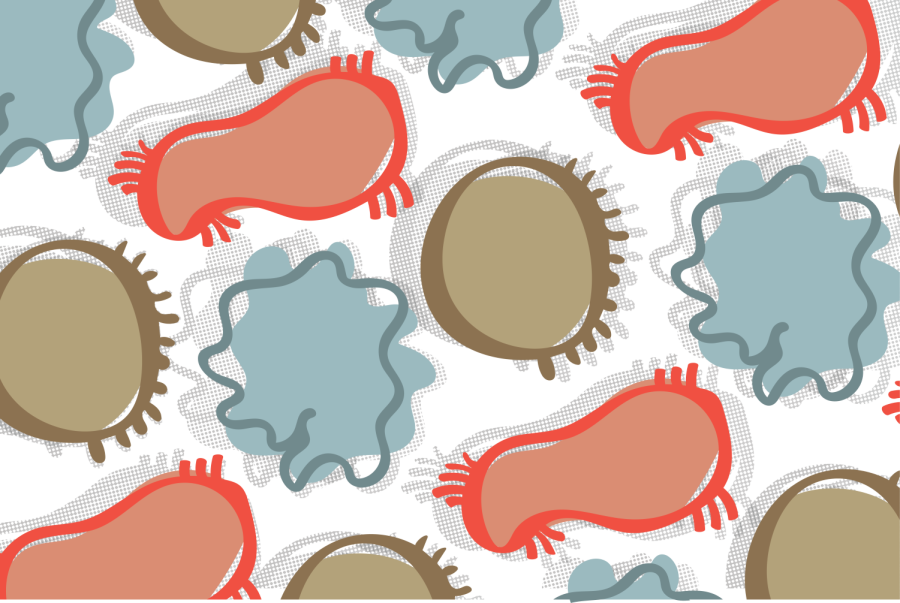A University group is working on new building-block research to make chemistry more efficient — for other scientists.
The Race Research Group aims to take simple chemical elements and create complex products out of them, such as drugs. Creating different chemical reactions can take a lot of time, researchers said. By studying common chemical reactions, they can make the process faster for other researchers.
“We’re pretty good at putting molecules together as a field, but there are challenges associated with things like waste and [the] cost of doing chemistry,” said Nicholas Race, the creator of the group and an assistant chemistry professor.
The group’s goal is to take simple chemistry building blocks and make them more complex in as few steps as possible, which would reduce chemical waste and time, he said.
The problem with developing new chemical reactions is that the chemist has to be very specific in order to get the correct outcome, Race said.
“If you have A going to B, you could also get C, D and E. But we just want to make B,” he said.
By controlling and being more selective about the type of reaction they get, it makes the process more efficient, Race said.
The group received over $100,000 in a grant last month from the American Chemistry Society Petroleum Research fund, which will allow them to continue their work.
The group kick-started last fall when Race recruited his first members. Since then, the group has grown to seven members, all with an interest in organic chemistry.
Shelby McGuire, a second-year graduate student, said she joined the group because she wanted to get a new team up and running.
The group will use reactive intermediates, or highly reactive molecules, as a stepping stone for forming new chemical reaction methods with the goal of creating new drugs, she said.
Selectivity is important in this goal, said Hannah Holst, a chemistry graduate student and member of the group.
“Any time you can develop a reaction that is operationally simple and still selective is useful,” she said. “FDA-drugs have to have a certain level of purity.”
By doing this research, the group will hopefully publish information about new chemistry methods that other researchers could use, Race said.
The information is not molecule specific, but instead more general and widespread, he said. If the researcher was using a similar sub-structure, then the information would be useful.
“The fundamental atomic building blocks of life are carbon, hydrogen, nitrogen and oxygen,” he said. “They provide the framework for organic matter, so things like drug compounds are made of the similar atoms.”
The molecular bonds between them make up the bedrock of everything, Race said.
“If we can understand and put them together in new ways, we’ll be able to make new, important compounds,” he said.













